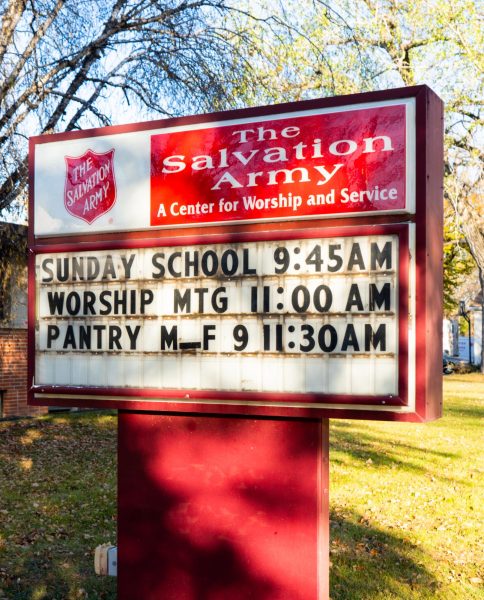VIEW: Enrollment
UND announced its enrollment numbers for the Fall 2015, and they are pretty impressive.
The 14,951 student total is the largest in the university’s history. There were also increases in transfer students and a freshman class that had the highest GPA and ACT scores of any freshman class the university has ever had.
Once again, these numbers are impressive, and they will help UND become a better place to learn. However, focussing on these numbers can be blinding of the much bigger issues at hand.
According to a report by the U.S. Department of Education says that UND is slightly behind the national average in graduation rate within six years. The national average is 58 percent for public schools, while UND is at just 53 percent.
While the difference isn’t great, it is a perfect example of one of the big problems that face UND and higher education as a whole. A focus is placed on the recruitment of new students to attend the university, and building facilities that will attract them, rather than putting systems in place in order to ensure the success of the students that chose to attend UND.
Many students simply fall through the cracks once they start coming to school. It isn’t that they lack the ability to succeed, but that the support systems aren’t in place to help them stay on the right path.
Students have an adviser assigned to help them graduate in four years, but because these advisers not only have many other students to help, as well as their responsibilities as university employees. On a regular basis, students have no one looking out for their achievement.
Besides acedemic reasons, the other major reason that students leave school without graduating is financial. Regardless of the somewhat affordable cost of UND, attending college still costs far more than some people can afford. Students are forced to leave school early, because they are taking longer than they can afford to complete their degree.
Going into the workforce to make money to pay for school is worse then going into the workforce right after high school. Not only would the students who drop out be lacking in qualifications, they may also have student loans that will acquire interest. If students are going to take out lots of loans, they better get a degree.
If the university continues to focus more on recruiting and building better facilities that contribute more towards recruitment than it does towards academic success, than these problems will persist. Students will continue to fall through the cracks in the system.











